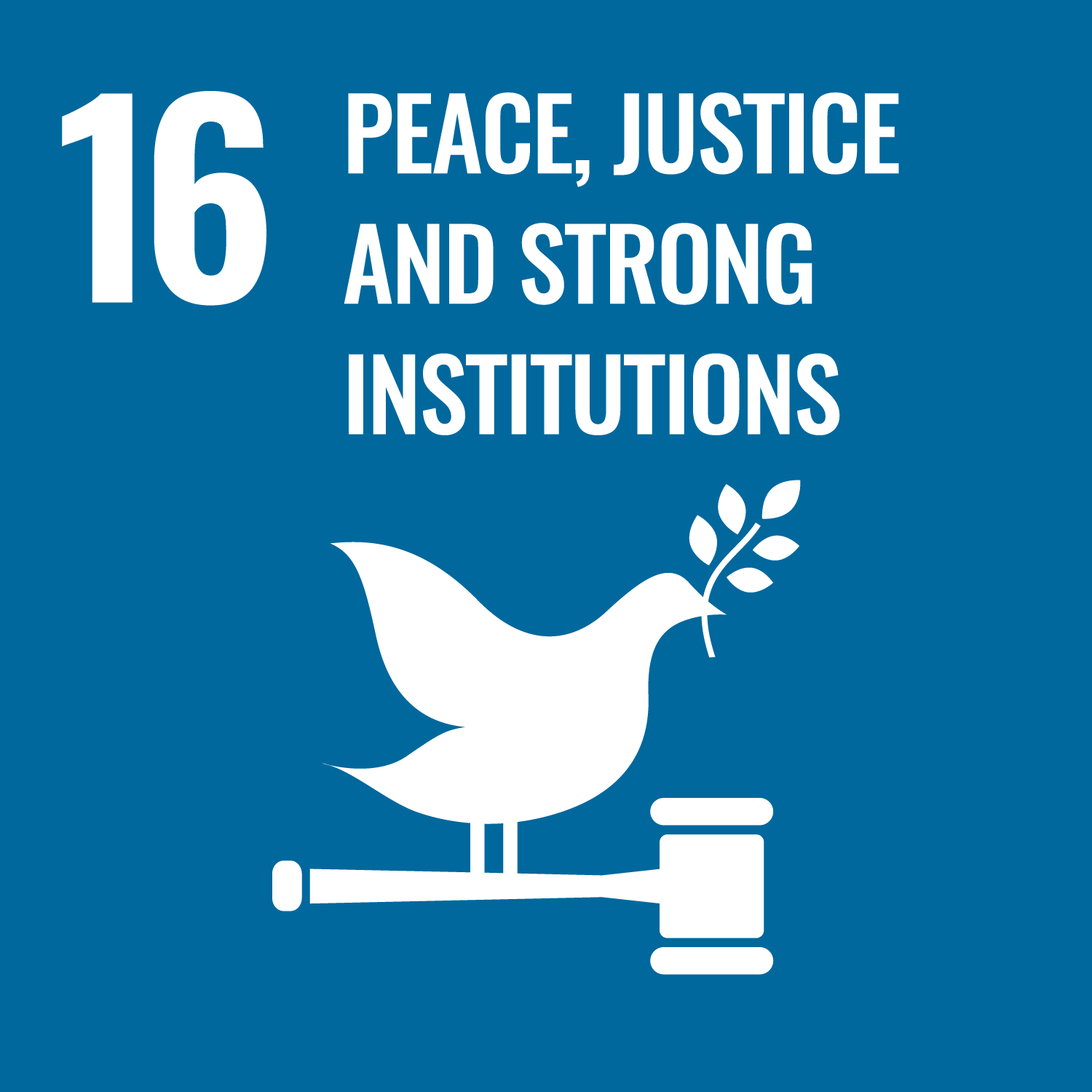Guriev, SG and Treisman, D (2020) A theory of informational autocracy. Journal of Public Economics, 186 (104158). ISSN 0047-2727
Abstract
We develop an informational theory of autocracy. Dictators survive not by means of force or ideology but because they convince the public—rightly or wrongly—that they are competent. Citizens do not observe the leader's type but infer it from signals in their living standards, state propaganda, and messages sent by an informed elite via independent media. If citizens conclude that the leader is incompetent, they overthrow him. The dictator can invest in making convincing state propaganda, censoring independent media, co-opting the elite, or equipping police to repress attempted uprisings—but he must finance such spending at the expense of the public's consumption. We show that informational autocracies prevail over old-style, overtly violent dictatorships when the informed elite is sufficiently large but are replaced by democracies when elites are too numerous to be bribed or censored. The theory provides insight into various soft authoritarian regimes around the world and suggests a logic of modernization behind recent global political trends.
More Details
| Item Type: | Article |
|---|---|
| Subject Areas: | Economics |
| Date Deposited: | 15 Oct 2024 08:48 |
| Date of first compliant deposit: | 05 Oct 2024 |
| Last Modified: | 13 May 2025 01:07 |
| URI: | https://lbsresearch.london.edu/id/eprint/3879 |




